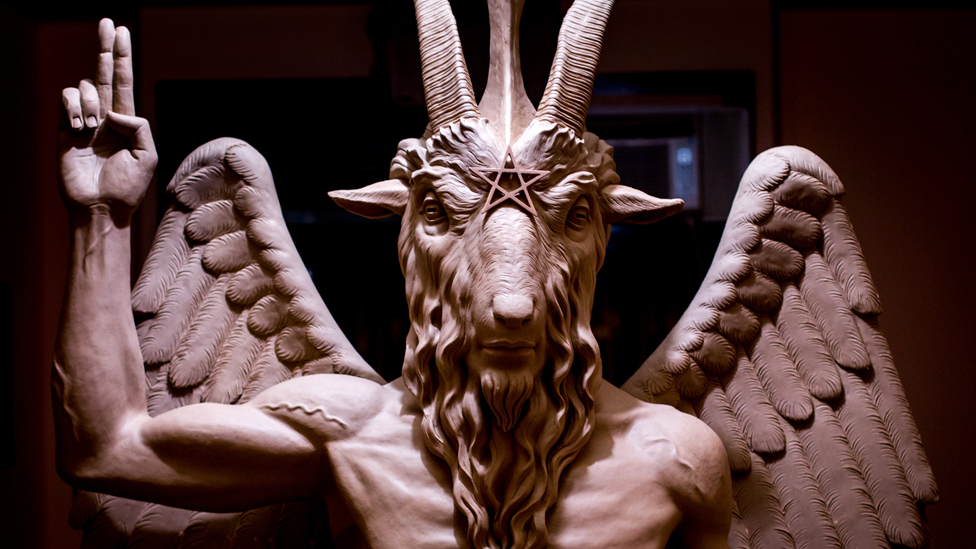Lucifer's Angel Name: Unveiling the Identity of the Fallen One
In the realm of religious and mythical lore, the name Lucifer has long held a captivating intrigue. Many wonder about the origins of this enigmatic figure and the significance of his angelic name. In this article, we delve into the depths of mythology and theology to uncover the truth behind the question: "What was Lucifer's angel name?" Join us on this journey as we explore the various interpretations and unveil the hidden identity of the fallen one.
I. The Angelic Hierarchy:
To understand Lucifer's angel name, it is essential to grasp the structure of the angelic hierarchy. According to Christian traditions, angels are classified into different ranks, each with its unique role and responsibilities. Archangels, Seraphim, and Cherubim are some of the renowned orders. Lucifer's name is associated with a specific rank, which we shall explore further.

Lucifer
II. The Morning Star:
Lucifer's angel name is often linked to his identification as the "Morning Star." This association originates from the Latin word "Lucifer," meaning "light-bringer." In ancient mythology, the Morning Star symbolized the planet Venus, known for its radiant appearance before sunrise. However, Lucifer's true angelic name goes beyond this celestial connection.
III. The Cherubim:
Within the angelic hierarchy, Lucifer was believed to be a cherub, a type of angel associated with wisdom and protection. Cherubim are often depicted as powerful and majestic beings, guarding sacred spaces and the presence of God. Lucifer's angel name can be traced back to his cherubic origin, which carries significant implications for his fall from grace.
IV. The Name of the Fallen One:
The actual angelic name of Lucifer, prior to his fall, is a subject of debate among scholars and religious texts. While no definitive answer exists, there are several possibilities proposed by different sources.
One theory suggests that his original name was "Helel ben Shahar," which translates to "Bright Son of the Morning." This name signifies his radiant nature and ties to the Morning Star.
V. The Transformation:
Lucifer's fall from grace led to a dramatic transformation that altered his name and identity forever. After rebelling against God, he became known as Satan, which means "adversary" or "opposer."

Satan
This name reflects his new role as a fallen angel, opposing the divine and embodying evil. However, it is crucial to distinguish between his pre-fall angelic name and his post-fall designation.
VI. Cultural and Literary Depictions:
Lucifer's angelic name has inspired numerous cultural and literary works throughout history. From John Milton's epic poem "Paradise Lost" to modern television series like "Lucifer," artists and storytellers have explored various interpretations of this iconic figure. Understanding the nuances of his angelic name adds depth to these creative portrayals.
VII. Symbolism and Significance:
Beyond the quest for Lucifer's angel name lies the symbolism and significance associated with his story. His fall from grace serves as a cautionary tale about pride, rebellion, and the consequences of challenging divine authority.
Lucifer's angelic name represents both his former glory and his subsequent descent into darkness, making him a complex and captivating character.
VIII. Conclusion:
In the realms of mythology, theology, and popular culture, the question of Lucifer's angel name sparks curiosity and fascination. While the exact name remains elusive, the associations with the Morning Star and his cherubic origins provide insight into his celestial identity.
From his original name as the "Bright Son of the Morning" to his transformation into Satan, Lucifer's journey resonates with timeless lessons and enduring symbolism. Exploring the mystery of his angelic name allows us to delve deeper into the realms of spirituality, literature, and human nature.